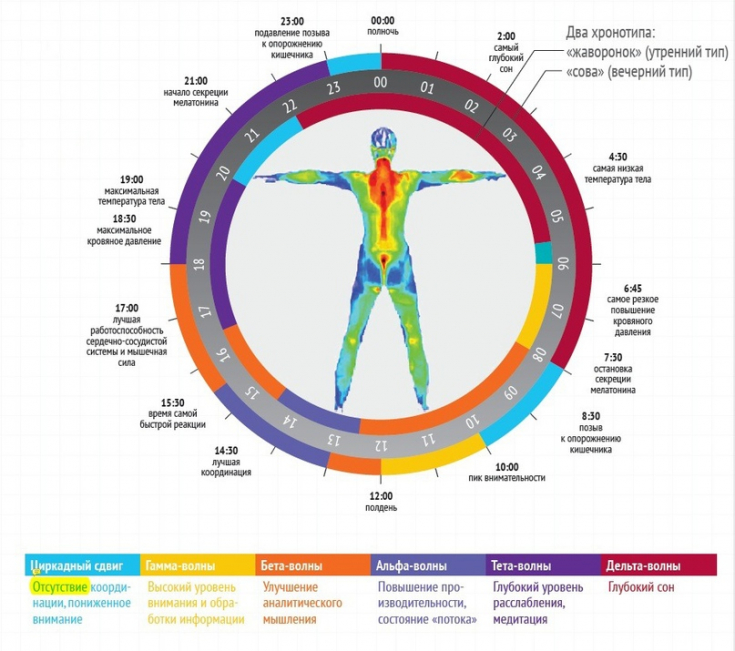Good quality sleep can protect the skin from premature internal aging by maintaining hormonal balance, reducing oxidative stress, protecting against inflammation and DNA damage, and maintaining optimal immune function.
The disruption of circadian hormones resulting from sleep deprivation has been proven to cause skin damage and accelerated skin aging.
Read on estet-portal.com, how lack of sleep affects the secretion of cortisol, insulin and melatonin, and how changes in the production of these hormones affect human skin.
Why lack of sleep is bad for your skin
Good quality sleep helps regulate hormone levels and metabolism.
When sleep is disturbed, hormone levels are destabilized, metabolism is disrupted and the body experiences stress.
The main hormones affected by poor sleep are cortisol, melatonin and insulin. Inflammation, DNA damage, and oxidative stress are also associated with sleep deprivation. These adverse pathophysiological effects in turn contribute to the appearance of signs of aging such as wrinkles and changes in pigmentation.
The effect of smoking on skin quality: the possibilities of a beautician
The secretion of cortisol increases with lack of sleep, damaging the skin
A group of researchers from Hamburg has found that the circadian transcription factor present in the human epidermis, which controls keratinocyte proliferation, is influenced by the hormone cortisol.
Circulating levels of glucocorticoids are one of the main mechanisms by which the human "internal clock" regulate and synchronize peripheral tissues.

Furthermore, it has been reported that excessive production of glucocorticoids caused by sleep deprivation can alter the structure of lamellar bodies and collagen molecules, impairing the integrity of the skin as well as mucous membranes.
Read the most interesting articles in Telegram!
How lack of sleep affects insulin secretion
Insulin is another hormone affected by sleep deprivation. Elevated serum glucose occurs after sleep disturbance due to decreased glucose clearance and decreased insulin activity, in part due to high levels of glucocorticoids.
Elevated glucose levels have been found to impair proliferation of keratinocytes and fibroblasts.
When there is a lack of sleep, the morphology of keratinocytes changes and terminally differentiated cells stop without further formation of new cells, affecting the function and integrity of the skin.
Skin condition and melatonin deficiency
As a hormone that regulates the circadian rhythm, melatonin is released from the pineal gland via stimulation from the suprachiasmatic nucleus of the hypothalamus during the night. Its secretion helps to increase sleep time and improve sleep maintenance.

Melatonin also affects skin functions such as hair growth, hair pigmentation, antioxidant activity, and protection against UV damage. With a lack of sleep, and therefore melatonin, DNA damage occurs, the skin is exposed to oxidative stress, and its immune function decreases.
Melatonin – the hormone of sound sleep and the guarantee of youth
Reflection of poor sleep quality on the face
Study by Axelsson et al. in 2010 demonstrated the effect of limited sleep on facial aesthetics. The authors took photographs of 23 healthy subjects (aged 18-31 years) after a normal night's sleep (eight hours) and after sleep deprivation (31 hours of wakefulness after a night of reduced sleep). The photographs were rated by 65 untrained observers (ages 18-61).
Sleep disruption subjects were found to be less healthy, less attractive, and more tired. They had pale skin, increased wrinkles, dark circles, skin laxity and puffiness.
Sleep-deprived people appeared sadder in studies, which was associated with fatigue.
Thus, lack of sleep negatively affects the condition of the skin, and therefore, an important step in skin treatment is to establish a healthy daily routine.
You may also be interested in: GABA: 4 letters – 100% calm







Add a comment